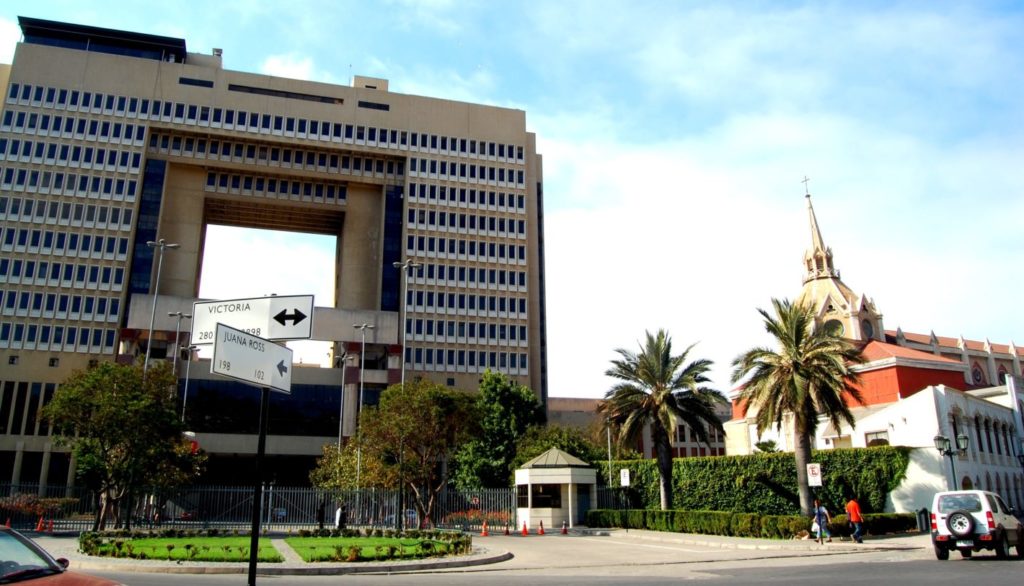In Chile, 37,476 people have died from the COVID virus. A massive vaccination program began in 2020 and by the end of September 74 % of the population had received two doses of the vaccine. The level of infections, serious hospitalizations and deaths has decreased significantly in the last two months, which has prompted the government to reduce the restrictive measures on work, movement, meetings, etc.
The end of September marked the fourth anniversary of the enactment of the abortion law on three grounds: life-threatening illness of the mother, illness of the embryo/fetus incompatible with life and in case of rape. In this period (September 2017-June 2021) a total of 2,556 abortions were performed in the country.
Unfortunately, the Chamber of Deputies, also in September, approved an abortion bill without grounds up to the 14th week of pregnancy by a narrow margin: 75 votes against 68 and 2 abstentions. It will pass to the Senate, which will probably vote on it next year.
In 2016 and 2017 there was a large mobilization of the bishops and laity of this country rejecting abortion on three grounds. It was also rejected by many other Christian communities. Surprisingly, this time the Episcopal Conference did not make any statement on this project prior to its vote. A few Catholic bishops spoke on the issue. The Episcopal Conference issued a statement of rejection the day after the approval of the deputies.
It is a big issue on which the candidates for the Presidency of the Republic have indicated their positions. Only one candidate, José Antonio Kast, has expressed his absolute rejection to abortion. The other three candidates -Gabriel Boric of the left, Yasna Provoste of the Christian Democracy and Sebastián Sichel of the center right- are absolutely in favor of free abortion.
In April, deputies approved a bill that would allow euthanasia. It will be studied and voted by the senators, probably next year. In July the Senate approved a homosexual "marriage" bill, which must be studied and voted on by the Chamber of Deputies, probably in 2022.
As can be seen, this 2021 has been a disastrous year for the traditional values that have been lived in Chile. But the last word has not yet been said, as the three aforementioned projects must be voted by the other Chamber, which will change its composition with the next parliamentary elections.
Next November, the future President of the country, all 155 deputies and half of the senators, i.e. 25, will be elected. The presidential election will probably require a second round in December, in which the first two majorities will compete.
Since last July, the 155-member Constituent Convention has been in operation. They were elected in last May's election. They have a maximum term of 12 months to draft a new Constitution that must be approved with 2/3 of their votes. Sixty days later (year 2022) it would be submitted to a mandatory plebiscite. If the majority of Chileans approve it, the Chilean Congress will enact it. On the other hand, if the majority (50 % +1) rejects it, the previous Constitution would remain in force.
Every September 18, Chile celebrates its National Day. Since 1811 the Catholic Church prays a Te Deum The thanksgiving ceremony is held in all the dioceses. In the Cathedral of Santiago, the civil authorities of the country attend: the President of the Republic, presidents of the Senate and Deputies, Supreme Court, Commanders-in-Chief of national defense institutions, etc. Since 1970, representatives of other religious denominations are also invited. On this occasion, the homily delivered by the Archbishop is relevant.
This year Cardinal Celestino Aós thanked God for the many good things in our country, but also expressed his concern for the dangers for the democratic coexistence of Chileans in a year marked by political antagonisms. In part of his homily he expressed, "We give thanks for all those who seek to respect and protect non-negotiable values: respect and defense of human life from its conception to its natural end, the family founded on marriage between man and woman, the freedom of parents to choose the model and establishment of education for their children, the promotion of the common good in all its forms and the subsidiarity of the State that respects the autonomy of organizations and collaborates with them."








